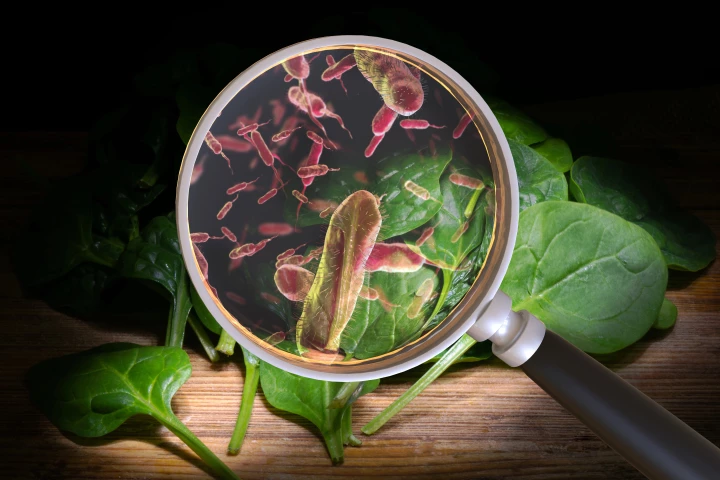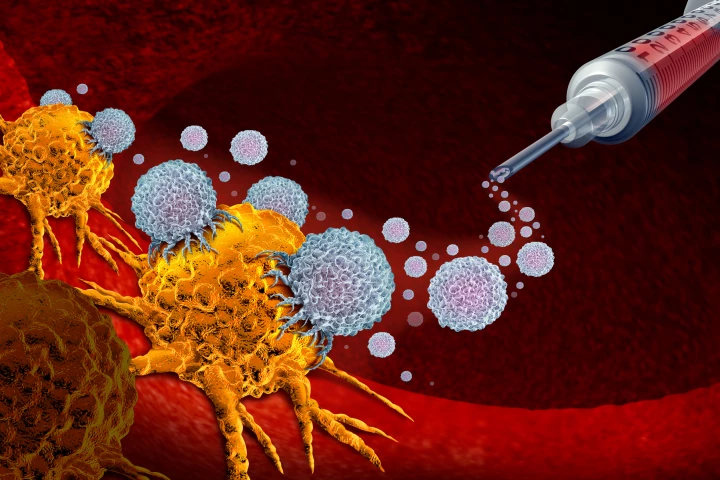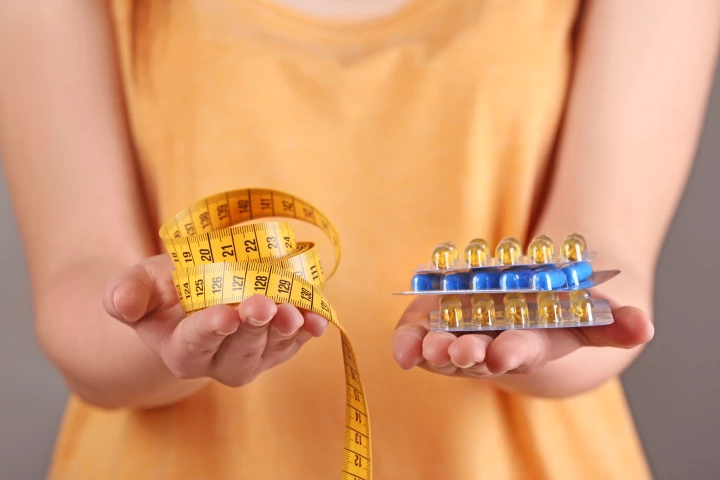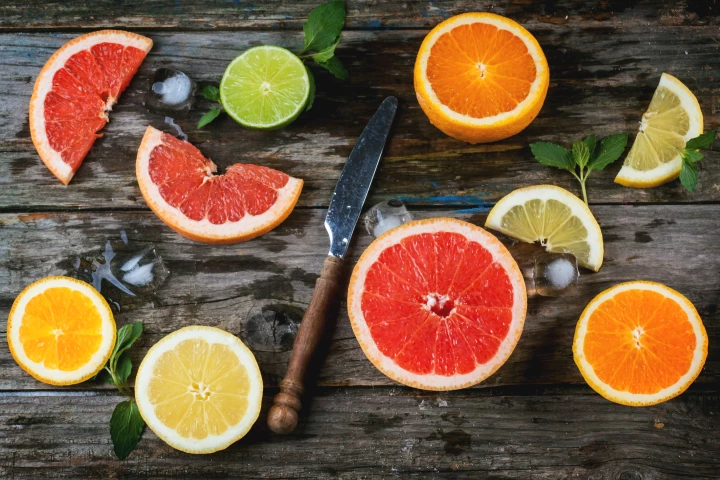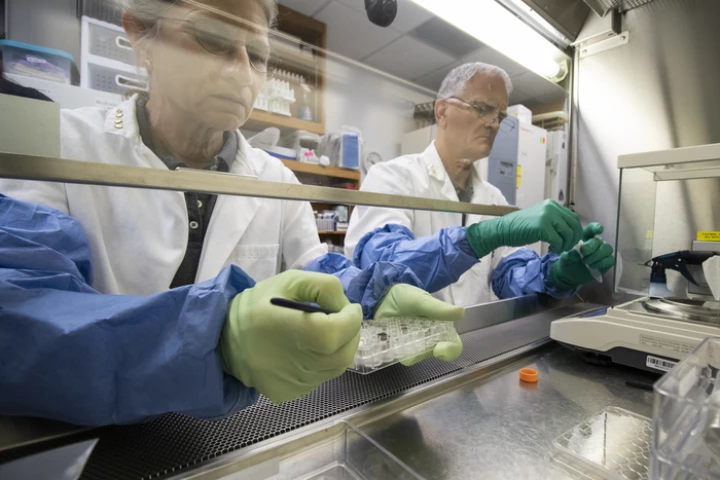University of Florida
-
We've almost all been hit with a horror stomach bug. At best, it's a 24-hour nightmare, and at worst it's deadly. But huge strides are being taken towards the first Salmonella and norovirus vaccines, which could make severe illness a distant memory.
-
While you're more likely to win the lottery than become a tasty snack for a great white, shark attacks have long been a real fear for beachgoers. While attacks and fatalities look to be on the rise, scientists are yet to pinpoint exactly why.
-
A new meta-analysis ranked the looks – both self-reported and as assessed by others – of some 1,300 heterosexual couples, finding that as a rule, people rate themselves pretty accurately – and tend to date and marry others around the same level.
-
Glioblastoma is one of the most deadly cancers, with few treatment options available. Now, a small human clinical trial has demonstrated an mRNA vaccine that quickly rallies the immune system to fight off the tumors, with promising results.
-
As a new age of weight-loss therapeutics dawns, scientists are one step closer to a drug that can coax muscles into behaving as if they’ve just been put through a workout. The benefits range from weight loss to treating diabetes and heart conditions.
-
While two thirds of exoplanets may be a fiery, boiling wasteland, scientists believe the other third occupy a "just right" goldilocks orbit around their star, and this, much like Earth's orbit, could provide the right environmental support for life.
-
Scientists at the University of Florida Institute of Food and Agricultural Sciences have discovered eight natural sweetness-enhancing compounds in citrus fruits. The research suggests these molecules may be useful as sugar substitutes in food.
-
Scientists studying the lake systems of the Arctic lowlands have made a surprising discovery, tapping into satellite data to find that these bodies of water are drying up and vanishing much faster than predicted.
-
When we think of our fellow plant-eating mammals, we tend to picture them just eating whatever they find while foraging. According to new research, however, the pocket gopher actually farms its food … and it's the only non-human mammal to do so.
-
The field of lunar agriculture has taken a step forward, with scientists reporting the first-ever plants grown in soil from the Moon, marking a significant milestone in the effort to sustain a lunar base and carry out missions into deep space.
-
Bold new research has plumbed the depths of poo-packed hippo pools and found they constitute a type of "meta-gut," in which microbes might be shared between the hippos to their benefit, kind of like a "probiotic shake."
-
If aeroplanes can refuel each other mid-air, then why not electric cars? What if EVs could share energy on the move? Could the whole traffic ecosystem become one giant battery dedicated to getting everyone where they're going without stopping?
Load More
